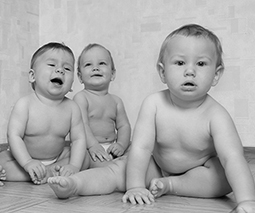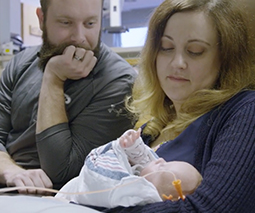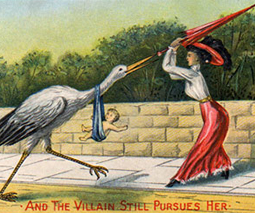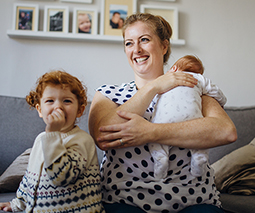Eggcellent! 15 amazing things you need to know about a woman’s eggs
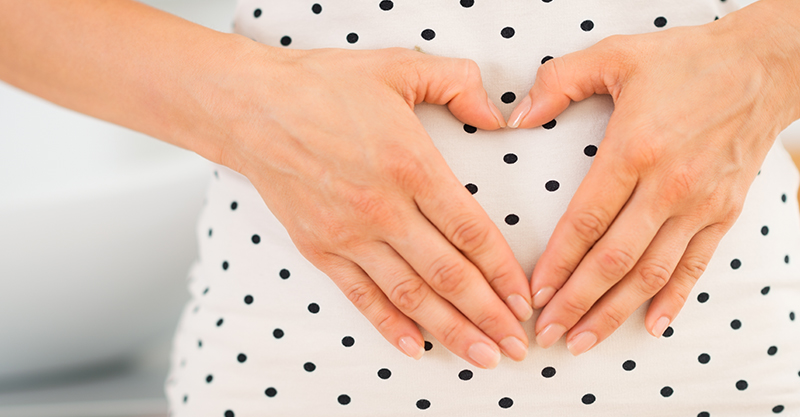
If you know more about breakfast eggs than the eggs in a woman’s body, then we’re here to catch you up! Eggs are bountiful and at the ready from well before birth, and a womans’ body sorts and disposes of them faster than you can say “sunny side up, please!”
15 amazing things about your eggs
1. When a baby girl is born, her ovaries already contain over 2 million immature eggs (called follicles) – sometimes many more.
2. It’s thought that girls are born with all the follicles they will ever have, but this is still being investigated.
3. Heaps of these follicles will die off, with around 400 000 of the initial 2 million or so surviving by the time a girl reaches puberty.
4. When egg follicles die it’s called atresia – and this atresia begins before BIRTH.

5. Egg follicles start developing in the unborn baby girl and by 20 weeks’ gestation her ovaries will contain about five million eggs – but, as we said, many will degenerate before birth.
6. The egg is one of the biggest cells in the body – and an egg is around 20 times the size of a sperm.
7. Hormones control the menstrual cycle, which then controls the release of each egg.
Read more about getting womens’ health:
- Scientists may have found a CURE for polycystic ovary syndrome (PCOS)
- Good news! Wee issues don’t need to control your life
- Chrissy Teigen needed 99 eggs to help conceive her second bub
8. Usually one egg is released per menstrual cycle, but in some cases TWO are set free.
9. With each menstrual cycle, around a thousand follicles are lost/die off and one chosen follicle will mature into an egg and be released at ovulation (where the egg leaves the ovary and travels down the fallopian tube into the uterus.)

10. Some of the follicles that may otherwise have died may be “rescued” by fertility specialists, allowing multiple follicles—and eggs—to hopefully mature in the lab.
11. Only 400 or so of the initial 2 million+ follicles a woman is born with will ever mature into an egg. That’s just one percent of follicles that make it across the line.
12. Once an egg has left the ovary (been ovulated), it will only live for around 12-24 hours.
13. All normal egg cells produced by a human ovary carry the X chromosome while half of sperm carry an X chromosome, and half a Y. A baby’s gender is determined by the X or Y sperm that fertilises the egg.
14. By the time a woman reaches menopause, few or no egg follicles remain.
15. Science is perfecting creating healthy eggs from stem cells, to treat infertility in women whose eggs are not viable enough to make a baby.
Frankly, eggs are amazing, and we think they should get much more credit for the brilliant work they do! Hooray for eggs!!
